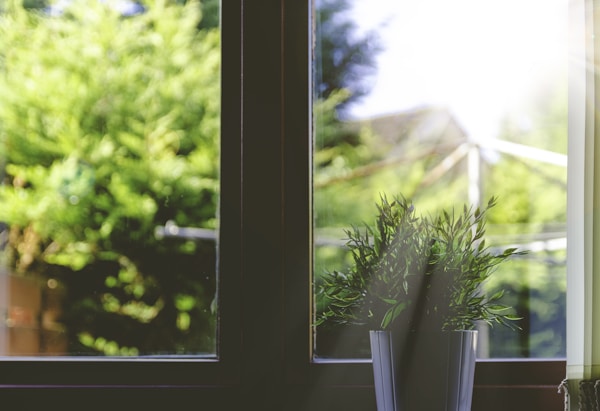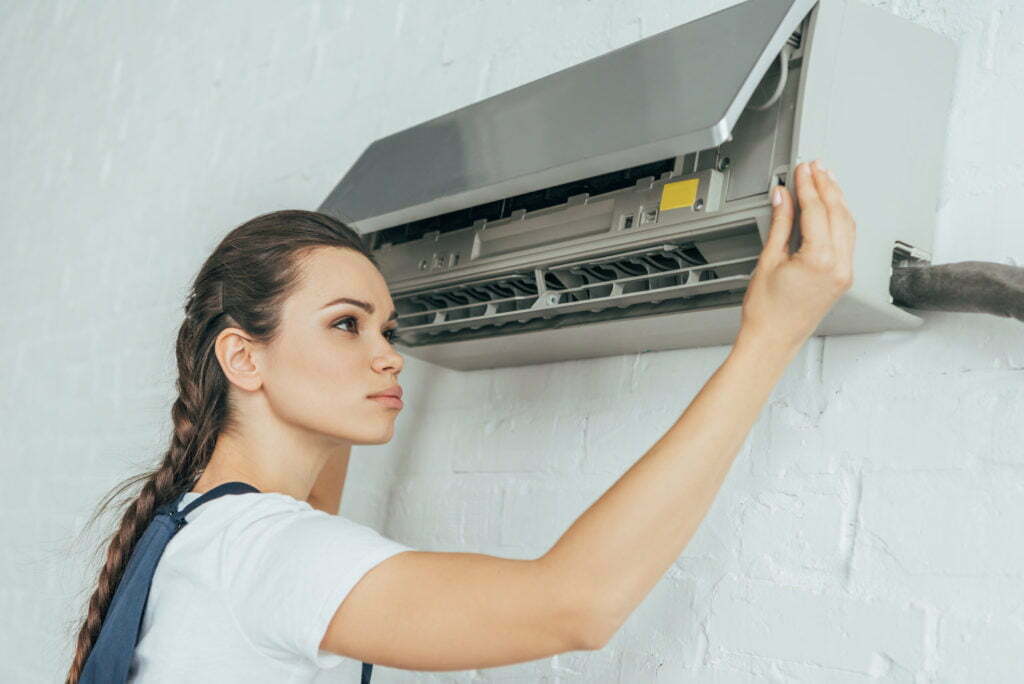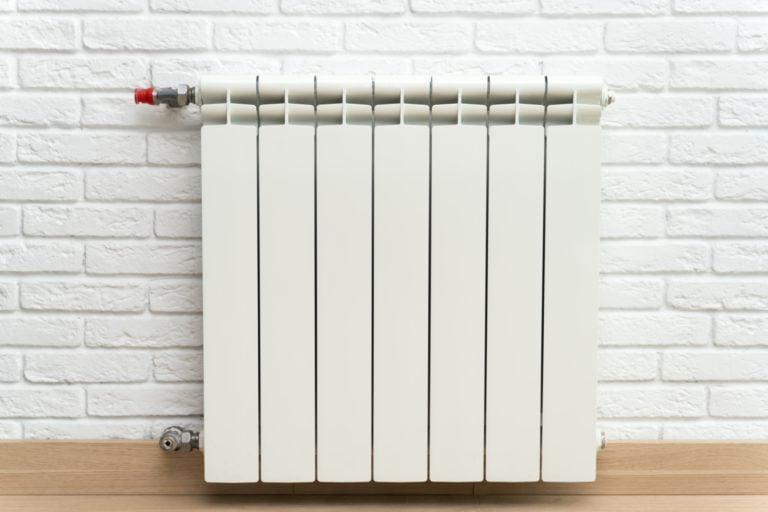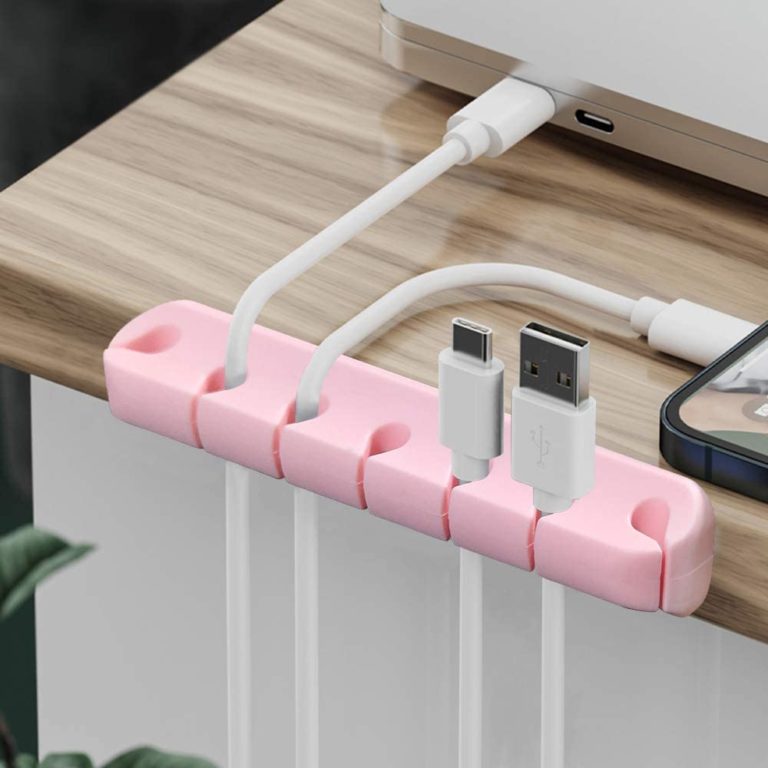Your air conditioner is a major appliance that helps keep your home comfortable during the summer months. In order for your air conditioner to work properly, it needs to be properly maintained. Neglecting to maintain your air conditioner can lead to a number of problems, including decreased efficiency, increased energy bills, and even a breakdown. However, many homeowners don’t know how to properly maintain their air conditioner or what is involved in preventive maintenance for their HVAC system. Fortunately, it’s simple to find out everything you need to know about the topic, as long as you’re willing to do a little research. If you’re in need of information, read on to find out how you should maintain your air conditioner.
How do you maintain your air conditioner?

It’s essential to learn how to maintain your air conditioner if you’re a homeowner that’s responsible for an HVAC system. The best way to ensure that your air conditioner is properly maintained is to schedule regular maintenance appointments with a qualified HVAC technician. During a maintenance appointment, the technician will inspect your air conditioner and make any repairs or adjustments. They will also clean the unit and change the filter. Beyond these maintenance appointments, you should make sure to change the air filter on your own on a regular basis. The filter should be changed every month or whenever it is dirty. You also need to keep the area around your air conditioner clear of debris.
You’ll be able to tell if your HVAC needs maintenance if you keep an eye on your energy bills. If your energy bills have been steadily increasing, it’s likely that your HVAC needs some TLC. Additionally, if you’re noticing that your air conditioner isn’t cooling your home as effectively as it used to, that’s another sign that it might be time for a tune-up. Generally, it’s always better to have a technician inspect the unit to ensure that nothing is wrong if you’re concerned. The lifespan of the average HVAC is between ten and fifteen years. If you’re experiencing consistent issues with a unit that is over a decade old, it may be time to start thinking about a replacement.
What else can you do to keep your home cool?

Window treatments can play a key role in keeping your home cool and comfortable during the summer months. By installing window treatments that provide insulation and block the sun’s heat, you can reduce the amount of heat that enters your home, and keep your home cooler and more comfortable. Some of the most popular window treatments that can keep your home cool include window shades, window blinds, and window shutters. All of these window treatments can reduce the amount of direct sunlight you’re exposed to and help maintain your preferred indoor temperature.
Window cracks can be a major source of air leaks in your home. Air leaks can cause your indoor temperature to fluctuate, which can be uncomfortable and lead to higher energy bills. In order to prevent air leaks, it is important to seal any cracks in your windows. You can use caulk or weatherstripping to seal the cracks. If you have any cracks in your windows, be sure to seal them up as soon as possible. This will save money on your energy bills, and it will also keep your home healthy and comfortable.
Air conditioners are a necessary part of many homes during the summer months. They help to keep us cool and reduce the amount of heat that builds up in our homes. The truth is that our air conditioners also need to be properly maintained in order to do their job. You need to be proactive about regular maintenance, including scheduling annual tune-ups and changing your filter on a monthly basis. You should also call a technician if you suspect that something is wrong, as small issues can turn into costly breakdowns. As long as you follow this advice, your AC will prevent your indoor temperature from getting too hot all year long.





